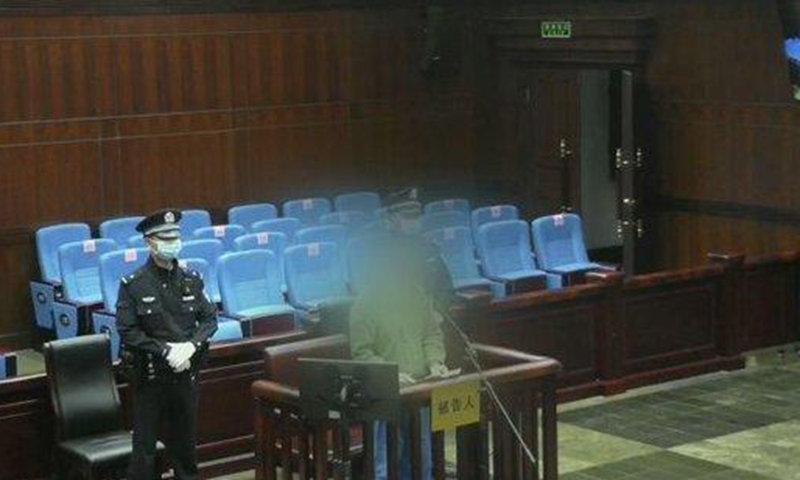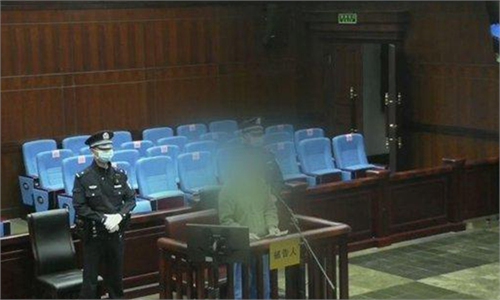China's national security authorities reveal new espionage case involving immigration documents

Photo: web
China's national security authorities have disclosed a new espionage case in which a man, while filing for immigration, provided materials to foreign entities, including documents classified as intelligence according to Chinese law. He was sentenced to six years in prison.The case recently cracked by national security authorities in Sichuan Province, Southwest China, has rung alarm bells, urging the public to be more vigilant and to prevent espionage crimes that might occur.
The man, surnamed Wang, was once the head of an overseas branch for a large state-owned enterprise in Southwest China. He became embroiled in protracted overseas litigation in 2012. His company was implicated in an alleged "Chinese espionage case" by a foreign intelligence agency due to international competition in a crucial industrial sector. Throughout the litigation, the Chinese company was repeatedly put on the defensive, with Wang's name appearing in so-called "evidence" presented in court by the foreign country.
The documents, which revealed internal details of the Chinese company, were taken from the immigration materials Wang submitted to apply for permanent residency in that country. Investigations confirmed that the way Wang handled his family's immigration significantly deviated from normal legal channels.
Following legal procedures, national security officers searched Wang's residence in Chengdu, and found a large amount of his enterprise's documents, including originals corresponding to Wang's immigration application. The national secrecy department confirmed that among the materials Wang provided overseas, 14 documents were classified as intelligence.
Investigations showed that, to further gain the foreign country's trust, Wang even proactively offered so-called "evidence" and "testimony" at the behest of the foreign spy agency. This action directly hindered his enterprise's ability to conduct normal international operations, resulting in technological blockades and suppression that affected the development of China's relevant industrial chains, causing immeasurable losses. After intensive investigations, authorities secured evidence of Wang's crimes committed abroad and arrested him.
The Chengdu Intermediate People's Court recently ruled that Wang, convicted of providing intelligence illegally to foreign entities, was to serve six years in prison. In addition, he was deprived of political rights for two years, and a fine of 500,000 yuan ($68,780) was levied through the confiscation of personal assets.
The national security authorities note that foreign intelligence agencies often disguise their spying activities within commercial transactions and prey on the vulnerabilities of Chinese personnel stationed abroad. These evolving trends have become increasingly evident in recent years, prompting the comprehensive revision of the Counter-Espionage Law, which now includes a clear definition of espionage to assist the public in discerning between lawful and unlawful behaviors.
Some individuals, for personal gains such as immigration, are willing to betray their nation's interests, which is a new characteristic in this espionage case, Li Wei, an expert on national security at the China Institute of Contemporary International Relations, told the Global Times on Tuesday.
"In the past, foreign entities used immigration as a lure to recruit people into their intelligence organizations, eventually leading to the theft of state secrets. However, the proactive disclosure of intelligence to satisfy personal needs is a new form of espionage activity," Li said, noting that it falls under the category of "voluntarily turning oneself in" to foreign intelligence organizations, as defined by the Counter-Espionage Law.
The revised law, in effect since July 1, 2023, represents the first substantial overhaul since its inception in 2014. It was updated in response to the evolving complexity and subtlety of espionage threats.



